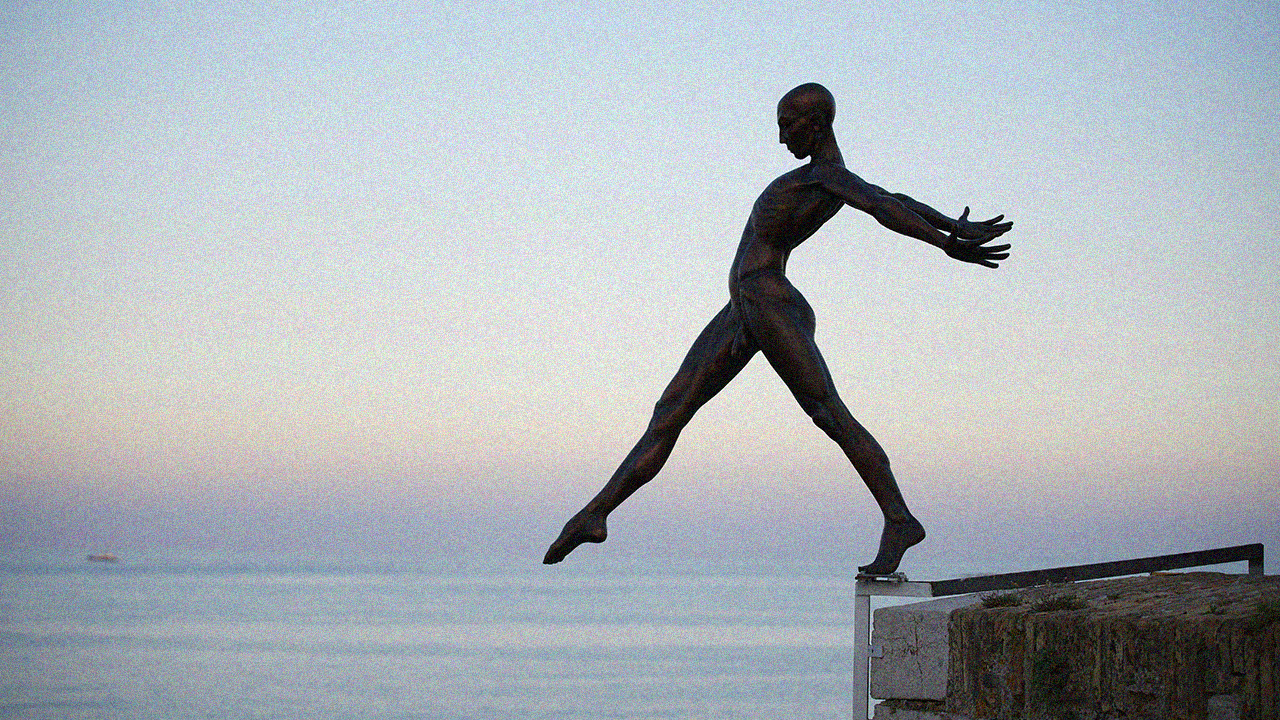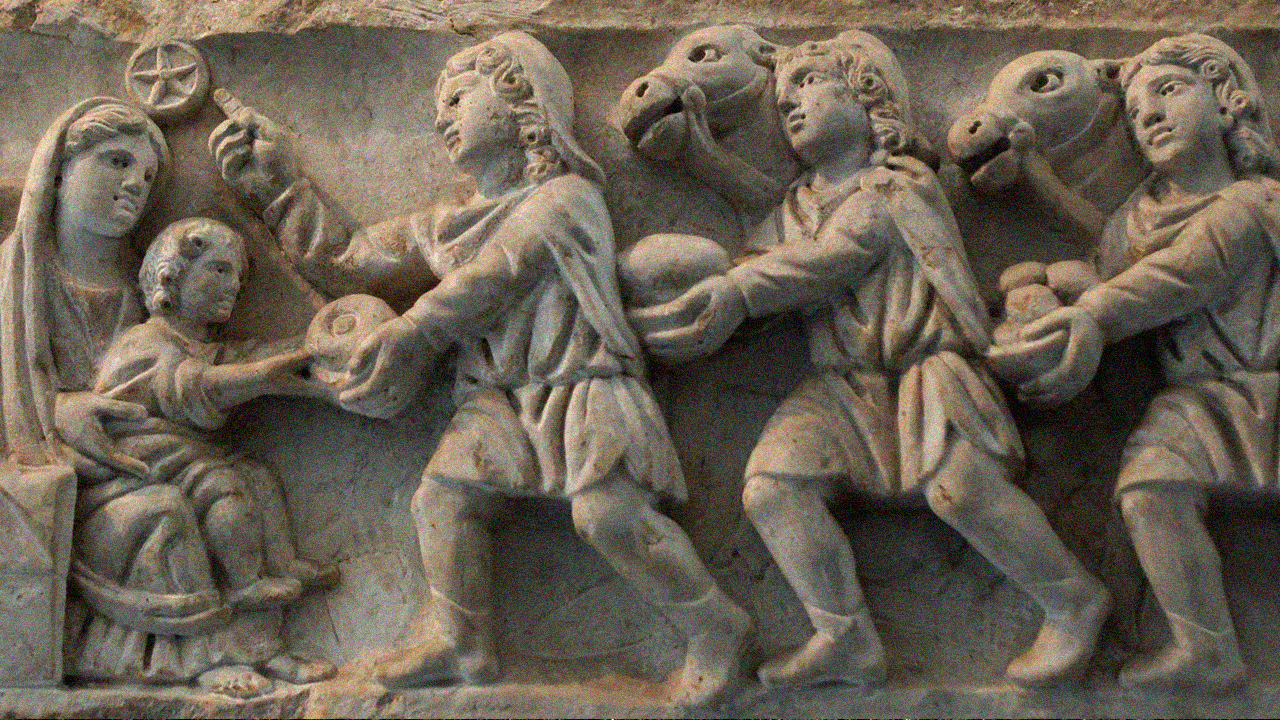
Graduating Certainty
When Christians fight, you can bet it’s going to be over the book.
No matter the issue at hand, it will always come back to the book, or more specifically, interpretation of the book, which is all we really have. No matter what a text was meant to say, all that survives our reading is interpretation. To be certain of our interpretation enough to fight, is to accept the assumption that such certainty is possible at all. That there exists a single, literally accurate interpretation of a sacred text that renders all others false.
Psychologists tell us that all human neuroses are rooted in an intolerance of uncertainty. If uncertainty is too terrifying, to what lengths will we go to create a sense of certainty or distract ourselves if we fail? This is the crux of Jesus’ teaching. To graduate us from the illusion of certainty in spiritual matters so we can experience truth as a person—an unfolding connection—not data to analyze.
One of the most iconic stories in the bible is also one of the most misunderstood. From the standpoint of certainty, it is a literalist’s nightmare. Why would God command Abraham to sacrifice his only son, Isaac? God promised that Abraham would be father of a nation too large to count, but he remained childless into old age. When the miracle child, Isaac, is born, the promise becomes real to Abraham, only to have God command him to kill the only means of its fulfillment. Literally, what kind of God is insecure enough to test a father’s loyalty in such a way?
To Abraham, the fact of Isaac was his certainty that God’s promise would be fulfilled. But he became the father of faith for the three great monotheistic religions—Judaism, Christianity, and Islam—the moment he graduated from that certainty. To sacrifice the certainty in his mind, move from mere ethnicity to trust in an unprovable God, changed everything in his heart. God is not testing us. Life itself is the test.
To graduate from the need for literal certainty, embrace an extended metaphor for the experience of truth as a person is no less traumatic than losing a child. And no less essential to knowing truth that makes us free.





